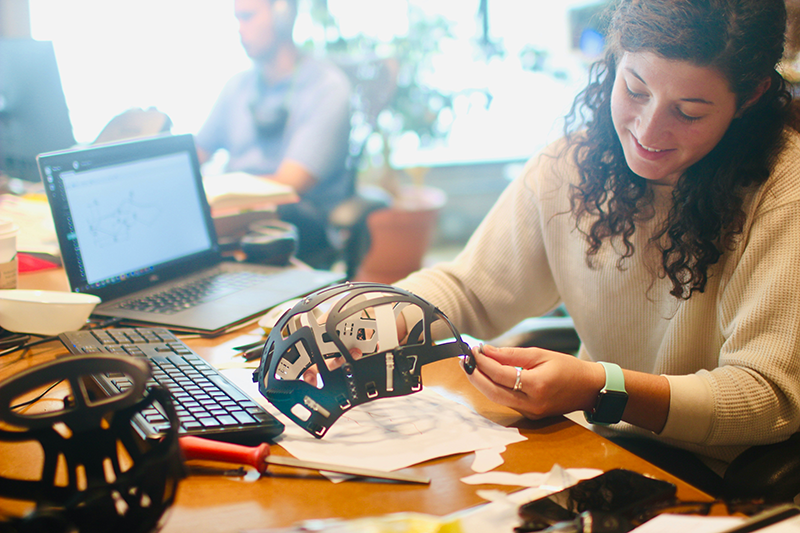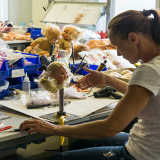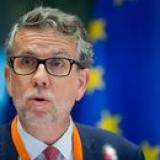
Arbejdsvilkår og bæredygtigt arbejde
Arbejdsvilkår og bæredygtigt arbejde er en af de seks hovedaktiviteter i Eurofounds arbejdsprogram for 2021-2024. Eurofound vil fortsætte sine aktiviteter som et ekspertisecenter for overvågning og analyse af udviklinger på dette område, herunder hvordan covid-19 -krisen har påvirket arbejdsvilkår og jobkvalitet samt praksis på arbejdspladser.
I 2021-2024 vil Eurofound give vigtige indsigter i udfordringer og fremtidsudsigter for arbejdsvilkår og bæredygtigt arbejde i EU. På baggrund af sin mangeårige ekspertise på dette område ser Eurofound på tendenser og udviklingsforløb over tid og peger på nye problemområder, når det gælder arbejdsvilkår og jobkvalitet. Analysen vil dække forskellige lande, sektorer, erhverv og grupper af arbejdstagere i relation til emner som arbejdets tilrettelæggelse og hjemmearbejde , arbejdstid , balance mellem arbejde og privatliv , ligebehandling , sundhed og trivsel på arbejdspladsen , kompetencer og uddannelse , løn og fremtidsudsigter og jobtilfredshed. Atypisk arbejde , navnlig selvstændig virksomhed, vil få særligt fokus.
I lyset af EU's demografiske udfordring med en aldrende befolkning og stigende mangfoldighed på arbejdspladsen vil Eurofound fortsat undersøge de faktorer, der gør det muligt for flere arbejdstagere at forblive på arbejdsmarkedet i længere tid. Agenturet vil også sætte fokus på at forbedre jobkvaliteten som et instrument til at øge deltagelsen på arbejdsmarkedet og styrke medarbejdermotivationen og dermed bidrage til bæredygtigt arbejde over et livsforløb.
Forbindelserne mellem arbejde og sundhed vil blive undersøgt i tæt samarbejde med Det Europæiske Arbejdsmiljøagentur (EU-OSHA). Eurofound ønsker at bygge videre på sit samarbejde med Den Internationale Arbejdsorganisation (ILO) om emner, der vedrører fremtidens arbejde og arbejdsvilkår på globalt plan.
- Infografik: Arbejdsvilkår og bæredygtigt arbejde i EU































